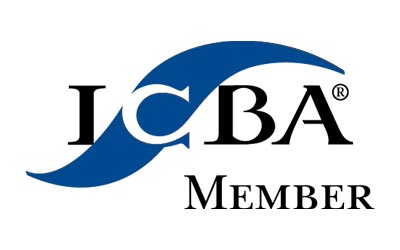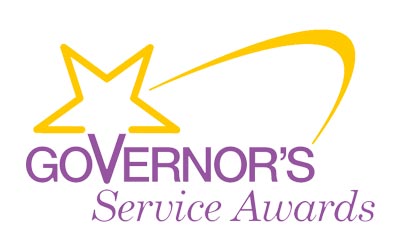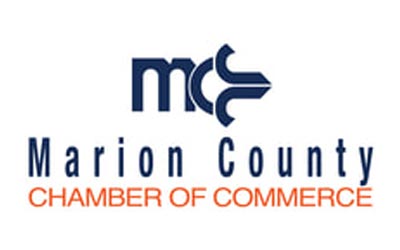One thing we can all agree on about the holiday season is that it’s busy. Whether you’re creating Christmas magic for kids, attending a work party, shopping for Secret Santa gifts, travelling, or hosting a family gathering, it’s easy to lose track of the details. This creates a prime opportunity for scammers to victimize unsuspecting consumers. Keep reading to learn about the top 10 holiday scams and how you can avoid them.
1. Online Shopping Deals
Be on the lookout for “too good to be true” deals on popular items such as mobile devices, video game systems, toys, and more. You may receive these offers via email, text message, or on social media. Searching for a specific item may also return ads for suspiciously low prices.
If you click on a link to buy one of these supposed deals, you could end up with malware installed on your device, your personal information stolen, or your money lost when the item you ordered and paid for never arrives.
How To Avoid Online Shopping Scams
When shopping online, it’s best to patronize well-known retailers and websites. A too good to be true offer from an unfamiliar website is a red flag. Also, look for spelling and grammatical errors on a website or in an email.
- Does the website have a street address, phone number, and email for the business?
- Do they have an established social media presence? Check the Better Business Bureau (BBB) directory to see if an online retailer has been accredited and rated by the BBB.
Hover your mouse over URLs to view the full link before clicking. Don’t pay by gift card or wire transfer. Look for a padlock symbol before the URL in your web browser, as well as “https” at the beginning of the web address. These are signs of a secure website.
2. Fake Delivery
This is a common phishing scam. Scammers send you an email or text message that looks like it’s from Fedex, UPS, the USPS, or another shipping company with a link for your package’s tracking number and delivery information.
Wait, did you order anything with a tracking number recently? Didn’t the retailer already send you that information via email? During the holidays, someone may have sent you a gift with a tracking number, but if something seems off, it probably is.
How To Avoid Fake Delivery Scams
If the message arrives by email, you can hover on the URL to see the complete web address. If you receive this message via text, don’t click on the link. Instead, review your recent purchases and log in to your retail accounts to check for shipping and delivery information. You can also call the carrier in question to see if you have any active shipments with them.
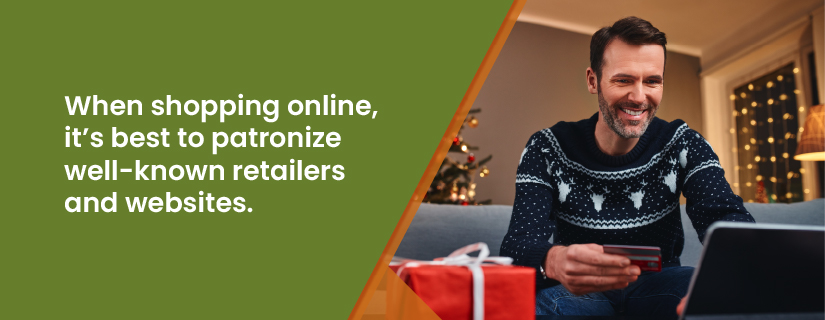
3. Gift Card Scams
Beware of phone calls, emails, or text messages that ask you to purchase gift cards for a personal or business event. Scammers may ask you to mail them the gift cards or share the card number and pin. Someone asking you to mail a gift card or share gift card information is almost always a scam. This is popular because gift cards can be used like cash but are not traceable. So, you end up losing however much money you spent to buy the cards.
How To Avoid Gift Card Scams
It’s best to just delete these messages or hang up the phone. Responding to ask questions only verifies that you are a real person attached to the phone number or email address. If you’re wondering if the message really is from your boss, grandmother, etc., contact the person directly to check.
4. Charity Scams
Unfortunately, scammers capitalize on your generous holiday spirit to try and divert your charitable giving into their own pockets instead of the organizations that need it. Charity scam solicitations can arrive over the phone or via email, social media, or web search.
How To Avoid Charity Scams
Look for red flags such as pressure tactics, a sense of urgency, vague descriptions of what the money will be used for, and requests for untraditional donation methods such as gift card or wire transfer.
It’s better to research and decide which charities you want to contribute to in advance instead of responding to random requests for donations. Before giving to any charity or cause, look up the organization first to make sure it’s legitimate and that you feel good about where your money is going.
5. Vacation Scams
As with online shopping deals that seem too good to be true, scammers will set up phony travel sites promising low prices on travel and vacation packages.
How To Avoid Charity Scams
As always, research the website to check for legitimacy before you enter any personal or payment information.
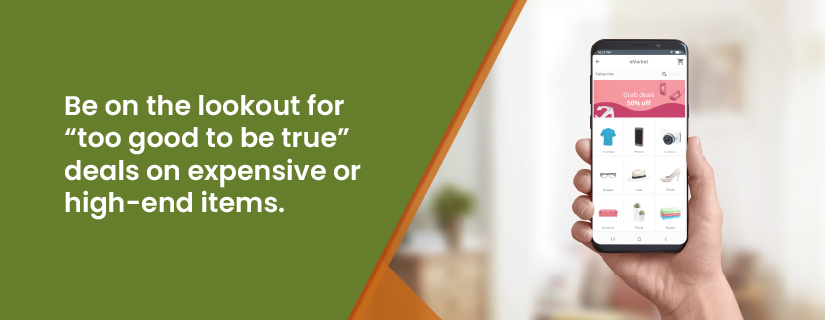
6. Hotel WiFi Hacking
While all public WiFi networks pose some risk, hotel networks have become a top target of hackers. When using an open-access WiFi network, avoid logging in to your online banking account, making purchases, or potentially exposing other sensitive information.
How To Avoid Hotel WiFi Hacking
If you travel frequently or just want to protect yourself when using hotel and other public WiFi networks, consider purchasing a Virtual Private Network (VPN) to use for safer and encrypted browsing.
7. Reshipping scams
In this scam, victims inadvertently become money mules by accepting the delivery of items purchased with stolen credit cards and then reshipping them to a different destination, often overseas. Reshipping scams are often framed as a work-from-home job.
How To Avoid Reshipping Scams
Acting as a money mule is illegal. Never accept packages at your address for people you don’t know. Hang up on any callers who ask you to reship mail. Report suspected reshipping scams by calling Postal Inspectors at 1-877-876-2455.
8. Letter from Santa Scams
Fraudulent websites offer to send a custom letter from Santa to the child(ren) in your life. There is usually a charge for this service so, at a minimum, you will lose the money you paid. More seriously, you could also have your identity or payment information stolen.
How To Avoid Letter from Santa Scams
Don’t let yourself be rushed into purchasing a letter from Santa. As always, hover over links before clicking to view the real destination. Research the website on BBB and check for contact information.
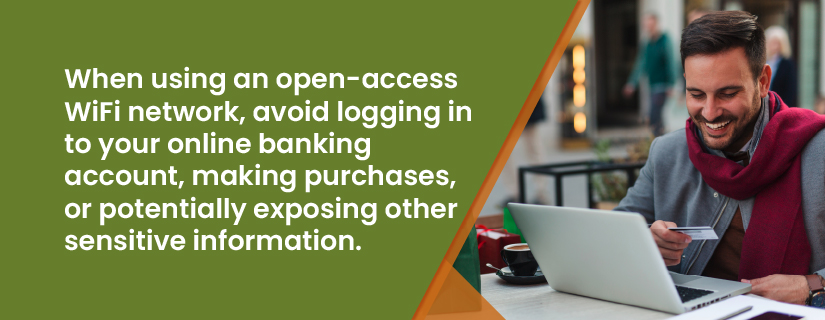
9. Work From Home Scams
Remote work has become more in-demand since the start of the pandemic. It’s also convenient for parents and anyone else who wants to pick up extra work during the holidays to help pay for gifts and other expenses. However, not all job postings are legitimate.
How To Avoid Work from Home Scams
Do your research before responding to a job posting. See if the company has a profile on LinkedIn, GlassDoor, and other business sites. Never pay money for training or other expenses associated with starting a job–legitimate businesses will not ask you for money in exchange for a job.
10. Pickpocketing
Finally, remember that scamming still takes place in person. When you’re shopping at malls or attending crowded holiday events, pay attention to your surroundings and where you keep your money and credit cards.
Learn more about protecting yourself from holiday scams!
First Exchange Bank is an independent, locally owned and operated community bank serving North Central California with offices in White Hall, Mannington, Fairmont, Fairview, Hundred, and Morgantown. Open a firstPlatinum checking account to enjoy ID Theft Protection as an added benefit. You can also select ID Theft Protection as one of two additional free perks with a firstPlus checking account. Questions about a First Exchange Bank checking account? Contact us!



